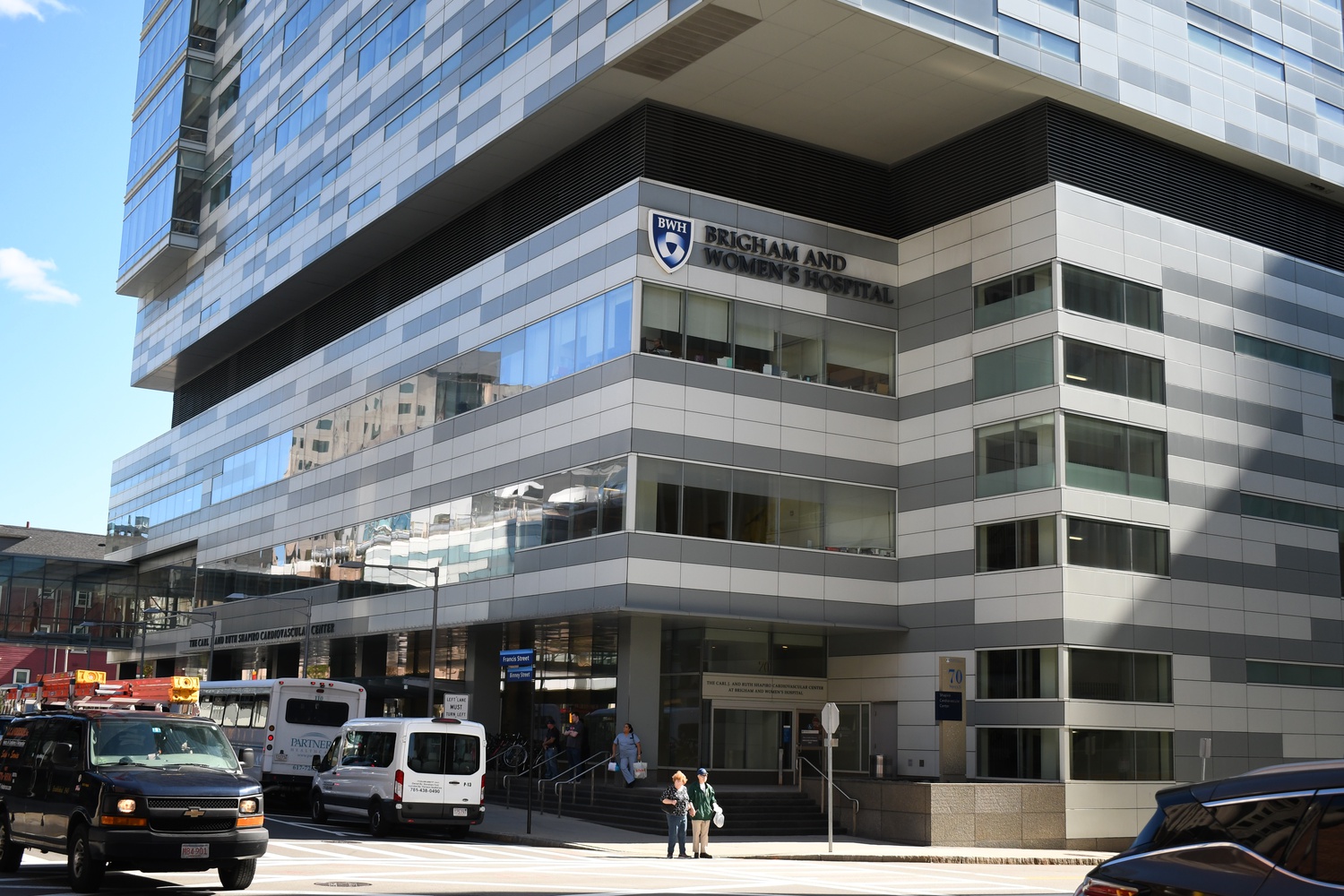
News
Summers Will Not Finish Semester of Teaching as Harvard Investigates Epstein Ties

News
Harvard College Students Report Favoring Divestment from Israel in HUA Survey

News
‘He Should Resign’: Harvard Undergrads Take Hard Line Against Summers Over Epstein Scandal

News
Harvard To Launch New Investigation Into Epstein’s Ties to Summers, Other University Affiliates

News
Harvard Students To Vote on Divestment From Israel in Inaugural HUA Election Survey
Ozempic, Wegovy Use Doubled as Bariatric Surgery Procedures Declined in 2022-2023, Harvard Researchers Report

The national use of weight loss drugs like Ozempic and Wegovy more than doubled as bariatric surgery frequency dropped by about 25 percent from 2022 to 2023, researchers report in an Oct. 25 study.
In the study, published in JAMA Network Open, researchers from the Harvard School of Public Health and Brigham and Women’s Hospital found that 132.6 percent more patients were prescribed glucagon-like peptide 1 receptor agonists in the second half of 2023 than in the second half of 2022. Scientists relied on a national sample of medical insurance claims data from more than 17 million privately insured individuals.
Ozempic and Wegovy are both semaglutides — FDA-approved GLP-1 RAs — though the former is approved for treatment of Type 2 diabetes while the latter is a higher-dose version for weight management.
Ateev Mehrotra, a Harvard Medical School and HSPH professor and co-author on the study, said the research did not confirm a causal relationship between the drop in patients who underwent bariatric surgeries and individuals who took prescribed weight loss drugs.
Mehrotra said the researchers are “cautiously enthusiastic” about the rising use of weight loss medications because they provide a new option for treating complications of obesity, like diabetes and arthritis.
But Mehrotra said for patients who are taking GLP-1 RAs for “aesthetic reasons,” the “risk benefit may not be worth it.”
Despite the increased use of GLP-1 RAs, Tsai said obesity remains largely untreated.
“The shift away from surgery may potentially mean that patients may be undergoing either less effective but less durable treatment for their underlying obesity,” he said.
The study found that barriers to continual use of these medications include high costs and high rates of gastrointestinal side effects like weight regain.
Thomas C. Tsai ’05, a metabolic bariatric surgeon at Brigham and Women’s Hospital and co-author on the paper, also cited insurance coverage denials and supply chain concerns as “barriers to access.”
Kevin Lin ’23 — a research assistant in the healthcare policy department at HMS, co-author on the study, and former Crimson Magazine editor — said some people using GLP-1 RAs without a prescription could create problems and additional barriers to access for patients who have a medical condition requiring treatment.
Tsai also pointed to prior medical literature about GLP-1 RAs that noted “racial and ethnic disparities in access, with minority patients less likely to access some of these medications.”
Jonathan H. Watanabe, a professor of clinical pharmacy at the University of California Irvine who was not involved in the research, said an additional concern is the socioeconmic stratification: that the drugs are “more accessible to those that are higher socioeconomic status — so those that are wealthier are more likely to be able to get it and afford it.”
“There’s concerns about access, but for the patients that actually need it — can they get it?” he said.
Want to keep up with breaking news? Subscribe to our email newsletter.
